Did you know that April is National Child Abuse Prevention Month?
Internet child abuse is disturbingly common and often happens right under a parent's nose. One in five children are sexually solicited online every year, and only one-fourth of them told a parent. When a predator targets a child, they usually spend several weeks or months gaining the child's trust before any real-life abuse occurs.
In honor of National Child Abuse Prevention Month, recommit to protecting your own child, grandchildren, or students by reviewing these 11 signs that your child may be involved with a dangerous person online:
-
Unfamiliar friends on their social networking buddy list
-
Unfamiliar contacts in their cell phone
-
Pornography, especially child pornography, appears for the first time on their phone or computer

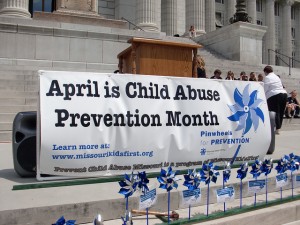
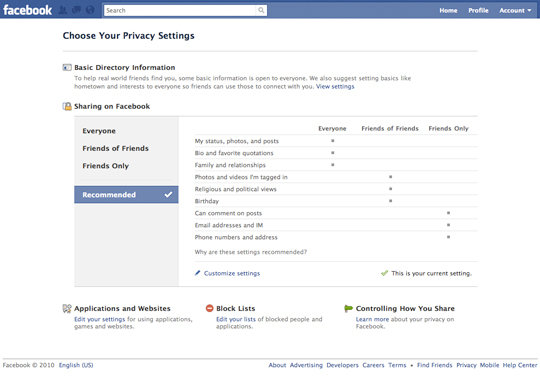


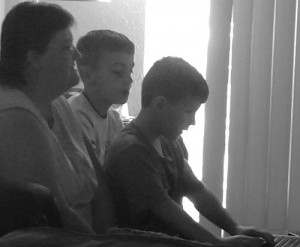


 It may not happen until your child is 16, or it could happen as early as 6 – sooner or later, he is going to ask you for a cell phone. And when your child does, how are you going to answer? Your child's safety is a big deal, especially on a mobile phone, and you might want to consider parental monitoring or parental controls.
It may not happen until your child is 16, or it could happen as early as 6 – sooner or later, he is going to ask you for a cell phone. And when your child does, how are you going to answer? Your child's safety is a big deal, especially on a mobile phone, and you might want to consider parental monitoring or parental controls. Why do teenagers do what they do? If you are the
Why do teenagers do what they do? If you are the 






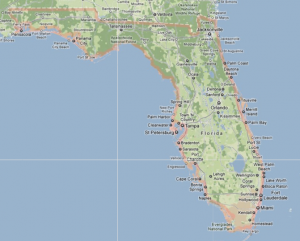
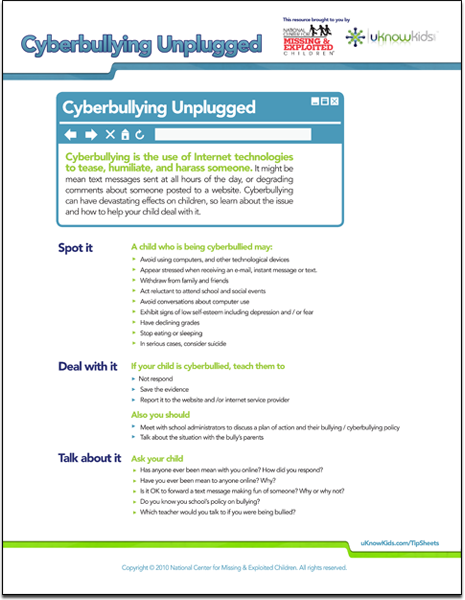
 Parents worry about their kids safety playing online video games for a lot of reasons:
Parents worry about their kids safety playing online video games for a lot of reasons: 
